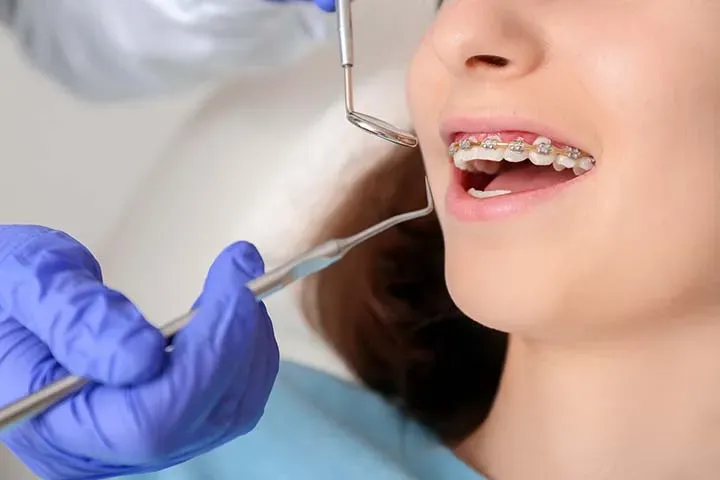Sleep apnea is a common yet serious sleep disorder that affects millions worldwide, leading to disrupted sleep and a host of health problems. While many know about treatments like CPAP machines or lifestyle changes, fewer realize that orthodontic interventions can sometimes play a crucial role. Orthodontists in Dubai have increasingly been recognizing the benefits of braces and other orthodontic treatments as part of a comprehensive approach to managing sleep apnea in selected cases. This article explores why orthodontists recommend braces for sleep apnea, how these treatments work, and their potential benefits.
Understanding Sleep Apnea and Its Causes:
Sleep apnea involves repeated interruptions in breathing during sleep due to airway obstruction or neurological issues. Obstructive sleep apnea (OSA), the most common form, occurs when the airway collapses or narrows, often influenced by jaw structure and positioning. Orthodontists in Dubai emphasize that jaw alignment and dental occlusion can significantly impact airway size, making orthodontic treatments a viable option for some patients.
The Connection Between Jaw Alignment and Airway Health:
The position of the jaws, particularly the lower jaw (mandible), plays a vital role in maintaining an open airway during sleep. A retruded or small lower jaw can cause the tongue and soft tissues to block the airway, triggering sleep apnea episodes. Orthodontists assess these structural factors as part of diagnosing and planning treatment for patients with OSA, recognizing that improving jaw alignment may relieve airway obstruction.
How Braces Help in Managing Sleep Apnea:
Braces are commonly associated with straightening teeth, but their role in sleep apnea management extends beyond aesthetics. By correcting malocclusion and repositioning the jaw, braces can help enlarge the airway space. In some cases, orthodontic appliances like mandibular advancement devices work alongside braces to gently pull the lower jaw forward, reducing airway collapse during sleep and improving breathing.
Orthodontic Appliances Used in Sleep Apnea Treatment:
Besides traditional braces, orthodontists utilize specialized devices such as mandibular advancement splints (MAS) or twin block appliances. These devices reposition the jaw and tongue forward, preventing airway blockage. Orthodontists in Dubai tailor these appliances to individual needs, ensuring effective and comfortable treatment options that complement or replace other therapies like CPAP in mild to moderate cases.
The Benefits of Early Orthodontic Intervention:
Addressing jaw and bite issues early can prevent or reduce the severity of sleep apnea. Orthodontists advocate for timely evaluation, especially in patients with anatomical risk factors like small jaws or crowded teeth. Early orthodontic treatment not only improves oral health and appearance but can also contribute to better airway function and sleep quality, reducing dependence on invasive treatments later.
When Orthodontic Treatment is Recommended:
Orthodontists typically recommend braces for sleep apnea patients who exhibit jaw alignment problems contributing to airway obstruction. This approach is often part of a multidisciplinary plan involving sleep specialists and ENT doctors. Candidates for orthodontic treatment usually have mild to moderate OSA or anatomical conditions that can be corrected or improved through dental realignment and jaw repositioning.
Advantages of Seeking Treatment from Orthodontists in Dubai:
Orthodontists in Dubai bring advanced diagnostic tools, including 3D imaging and sleep studies, to accurately assess the relationship between dental structures and airway health. Their expertise in designing personalized orthodontic plans ensures safe and effective treatment tailored to each patient’s unique anatomy and sleep apnea severity. This holistic approach enhances treatment success and patient satisfaction.
Final Thoughts:
Braces and orthodontic appliances offer promising solutions for managing sleep apnea in selected cases, particularly where jaw misalignment contributes to airway obstruction. By collaborating with sleep specialists, Orthodontists in Dubai provide comprehensive care that addresses both dental and respiratory health. Patients experiencing sleep apnea symptoms should consider orthodontic evaluation as part of their treatment journey, unlocking benefits beyond a better smile—a better night’s sleep and improved overall well-being.

